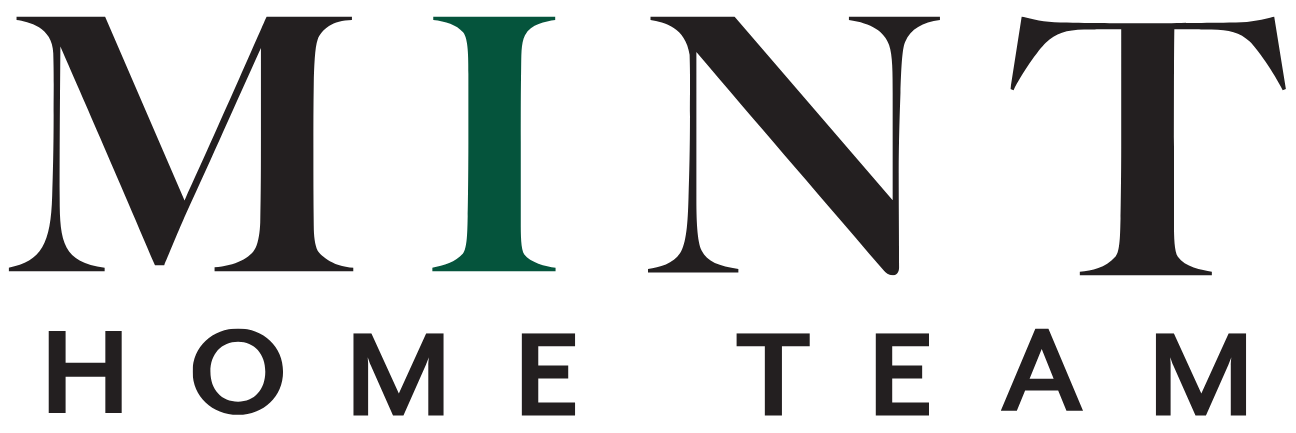Vancouver’s Short-Term Rental Bylaws Take Effect April 19
Regulations for short-term rentals approved by the City of Vancouver in November will take effect April 19, 2018.
Under the policy, short-term rentals of a secondary suite or laneway house will only be allowed if the property is the owner’s principal residence or if it is rented long-term, and the tenant wishes to operate a short-term rental, with approval of the owner.
Homeowners caught listing secondary suites or commercial units on short-term rental websites will face a fine of up to $1,000 per day for each infraction.
Homeowners and primary residents who wish to list properties on websites like Airbnb will be subject to an annual licensing fee of $49 and a one-time application fee of $54.
Users have until Aug. 31 to apply for the licence. Homeowners caught listing units without a licence will also face fines of up to $1,000 per day come September.
According to city staff, there are about 6,600 short-term rental postings on websites like Airbnb in Vancouver — up 12 per cent since the beginning of 2017.
The city estimates that around 1,000 units currently listed on Airbnb are commercial units or listings that relate to dwellings that are not legal properties.
Vancouver has partnered with Airbnb — the most popular short-term rental website used in the city — to crack down on the illegal listings. Airbnb represents about 88 per cent of units listed in the Vancouver market.
The website will soon require Vancouver operators to display a business licence in their listings. New users will also have to include a business licence in their profile. Licences can be applied for online.
Airbnb will also provide the city with a list of all Vancouver licences and associated addresses.
Last month, the province announced that Airbnb will be collecting the eight-per-cent provincial sales tax — amounting to an estimated $16 million annually, which government will earmark for affordable housing — and up to three per cent municipal and regional district tax, an estimated $5 million, which will go toward promoting tourism.
Source: CBC
